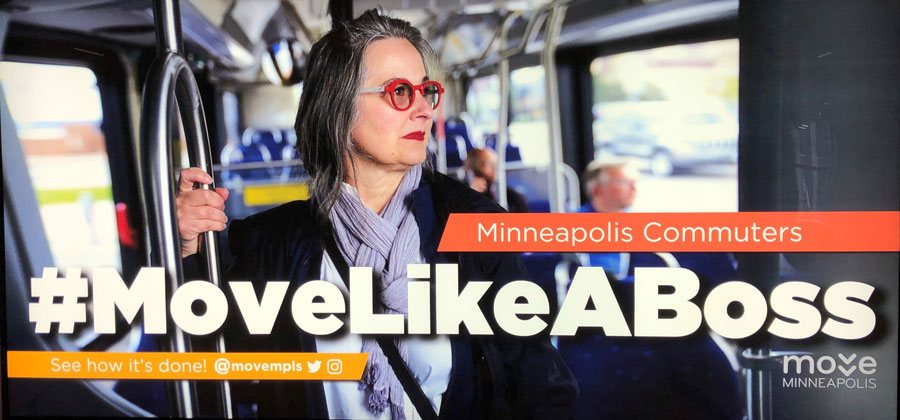Strategy 4 Leverage City resources and partnerships to promote, educate and encourage walking, biking and transit as alternatives to driving.
The actions within this strategy are divided into two categories:
Action we will DOActions we will SUPPORTAction we will do are followed by “DO” and are colored in dark gray, and actions we will support are followed by “SUPPORT” and are colored in light gray.
Learn more about how we get thereThe actions listed in this strategy support the work of others in the region who work to promote mode shift to transit, walking and biking downtown in particular, and beyond. The actions also speak to the City’s transportation demand management strategies which focus on helping people make the decision and use existing infrastructure to walk, bike, or take micromobility or transit options.
Travel Demand Management Plans are tools that help to ensure new development accurately plans for travel patterns in line with City goals. Travel Demand Management Plans are required by ordinance for all non-residential development containing 100,000 square feet or more of new or additional gross floor area to address the transportation impacts of the development on air quality, parking and roadway infrastructure. Travel Demand Management Plans are reviewed by Public Works and Community Planning and Economic Development staff.
Actions to leverage City resources and partnerships to promote, educate and encourage walking, biking and transit as alternatives to driving.
Street Operations 4.1
Explore efforts to contract with Move Minneapolis to expand work on mode shift to include larger employment areas outside of downtown.
Supported goals:
Climate Mobility Active Partnerships
Related actions:
Difficulty:
Medium
Timeframe:
2024-2027 (Years 4-7)
Street Operations 4.2
Update Travel Demand Management Plan requirements in the Zoning Code to apply to more development projects than they do currently, to address mode split goals and traffic growth rates, Metropass participation and mandatory self-reporting audits that occur every two years as well as any additional monitoring needed to improve safety.
Supported goals:
Climate Safety Mobility Active Partnerships
Related actions:
Difficulty:
Medium
Timeframe:
2020-2023 (Years 0-3)
Street Operations 4.3
Work with community and agency partners to enhance communication practices about the importance of walking, biking and using transit for citywide events.
Supported goals:
Mobility Active Partnerships
Related actions:
Difficulty:
Low
Timeframe:
2020-2023 (Years 0-3)
Street Operations 4.4
Partner with Move Minneapolis to recruit downtown employers and property owners to increase walking, biking and transit use among their employees and residents.
Supported goals:
Climate Mobility Active Partnerships
Related actions:
Difficulty:
Medium
Timeframe:
2020-2023 (Years 0-3)
